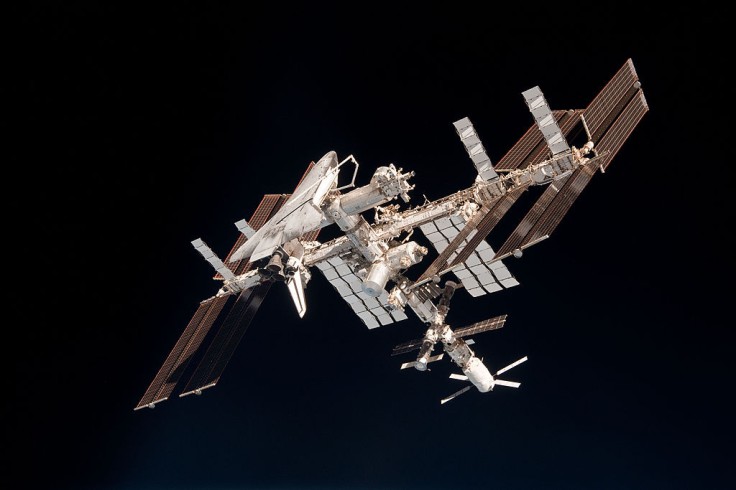A Florida family is currently seeking damages from NASA after space debris from the International Space Station hit their home last March.
In a press release from the Otero family's legal representative, the family is seeking financial compensation from the business, emotional/mental, property damages the space debris has caused to the family.

Family attorney Mica Nguyen Worthy stated that the incident provides a "real-life example" of the consequences of the space debris crashing back into Earth and putting danger to human lives.
The disputed ISS space debris crashed into the Otero family home in Naples, Florida, on March 8, leaving a "sizable hole from the roof through the sub-flooring." Nobody was reportedly hurt in the incident.
NASA later claimed the space debris to be part of its flight support equipment needed to mount batteries on the ISS.
The case is expected to create a legal precedent over NASA's future actions toward space debris, especially with the ISS nearing its expiration date.
NASA Prepares for the ISS's Costly Retirement
With the rest of the ISS soon expected to crash back on Earth, NASA is now preparing for the high cost needed to prevent any facility and people from being affected by the return trip.
The space station is planned to crash at an isolated area in the Pacific Ocean, requiring NASA scientists to accurately predict the ISS's trajectory as it de-orbits into the Earth's atmosphere.
Calculating the space debris that may depart from the station as it burns up in the atmosphere would be another challenge, especially now that it has been confirmed that even small debris could survive the crash.
NASA estimated that retiring the station, as well as recovering all debris from the ocean, would cost the agency nearly $1 billion.
NASA is set to retire the ISS in 2030, over thirty years since it was first launched to become the first space laboratory in 1998.
NASA Opens Path for Private-Owned Space Stations
As the space agency prepares to decommission the ISS, NASA has already declared plans to give private businesses to launch their own space stations in the future.
The new approach to space research and travel follows the agencies' earlier efforts to reduce expenses from the US government, including its partnership with Boeing and SpaceX for its Artemis missions.
As of writing, only the ISS and China's Tiagngong Space Station are the operational space laboratories currently orbiting Earth.
Related Article : Boeing Astronauts Stranded in Space Amid Multiple Starliner Issues









